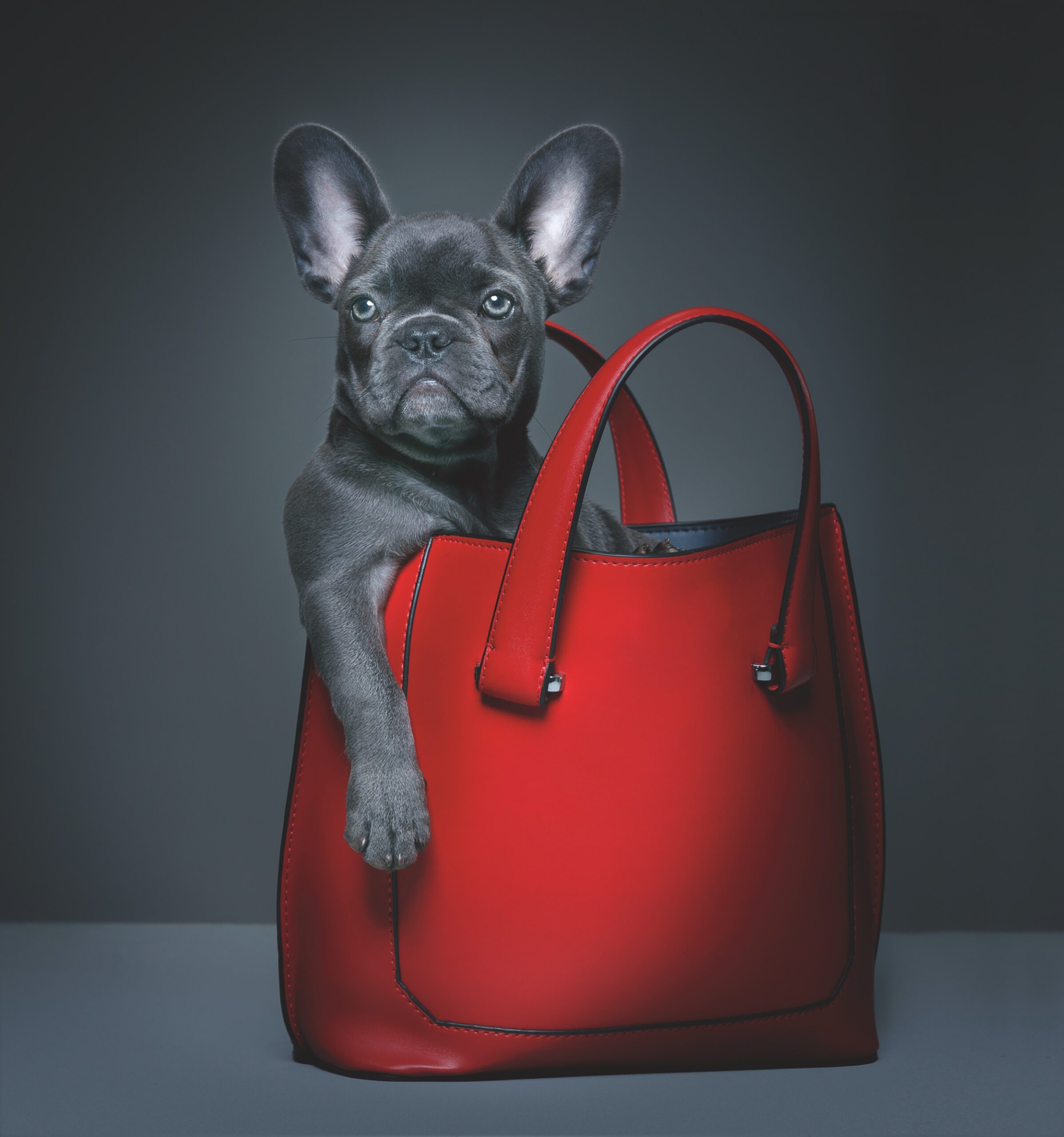A fur baby, dressed in a onesie and booties, parades by my home in Toronto, running at the end of a long loose leash held by a woman talking on her phone while sipping a coffee. Another dog walks by, and another. Then a dog walker with four. An hour later, that same walker comes from the opposite direction with three others. I can think of a dozen cats among the houses near mine too.
All the while, I think of how many children each little dog and cat could feed. While 3.4 billion people around the world live on less than $6 a day, Canadians spend $3 a day on average just feeding their puppies. Of course, I know some of these animals, as well as their owners. They are good, caring people. But global poverty is everybody’s responsibility.
You may unsubscribe from any of our newsletters at any time.
We need to look seriously at how we spend our own money. And we truly must start valuing human beings more than pets.
There are about eight million dogs and eight million cats in Canada. Fifty-eight percent of Canadians own a pet, whether it be a dog, a cat, a hamster or others, like wallabies. That’s seven and a half million households. In 2020, Canadians spent $6.5 billion on pets and pet food.
Unsurprisingly, another $4 billion was spent on veterinary care and other pet services.
But it’s not just Canadians. Another US$100 billion is spent on pets in the United States, while Europeans spend almost a quarter of that amount on pet products and grooming. What’s more galling is that obesity in pet dogs and cats is on the rise.
Meanwhile, there are still 800 million human beings living without clean water, putting them at risk of dehydration, disease and death. For half a trillion dollars — a few years’ worth of pet indulgence in wealthy western nations — clean water could be supplied to developing nations.
Potable water was one of the targets to achieve in the United Nations’ Millennium Development Goals. Established in 2000, the goals included eradicating poverty, hunger and disease in the developing world, promoting gender equality and establishing universal primary education. It was an idealistic wish list.
More from Broadview:
- A tug of war over animal testing is dividing the scientific community
- Animal chaplaincy has become a growing profession
- I don’t want to be a grandmother
Still, there has been positive movement toward those ambitions. The number of people in extreme poverty — those who live on $1.25 per day or less — was at 1.9 billion in 2003. Now, that figure is under 700 million. Primary education rates have increased and hunger rates decreased. These are signs that with funding and concerted efforts on a variety of levels, the very poor can be lifted out of their poverty cycles.
In a 2005 book, the renowned American economist and author Jeffrey Sachs estimated that it would take US$175 billion per year for 20 years to eradicate poverty worldwide. Obviously, most of the money is there — being spent on pets, not people.
The global pet clothing market alone — hoodies, onesies, etc. — was worth US$5 billion in 2020. Those pictures sure do look adorable on social media, but that is a vulgar statistic. If, at the very least, pet parents could give up their addiction to cuteness, within a decade they could create the infrastructure to feed every child every day.
No dog should be in a hoodie, or in a purse. And no child should have to go without food. People should matter more than pets. People, not pets.
CORRECTION: The magazine version of this story stated that in 2011, Jeffrey Sachs estimated the amount of aid needed to end world poverty, when in fact, that comment came from his 2005 book, The End of Poverty. This version has been corrected.
***
Andrew Faiz is a writer and editor in Toronto.
This opinion piece first appeared in Broadview’s January/February issue with the title “The price of pets.”
















And think how many mouths could be fed if you didn’t have a car?
If you sold your house and lived in a 1 bedroom apartment.
Sorry but you really missed the mark on this one.
Having a pet can be good for a person’s physical and mental health. I am certainly not going to feel guilty because I adopted an unwanted cat to save it from being put to death. Let’s have some articles that deal with truly important subjects – like the current rise of fascism wordwide.
Yes, we could all save money and solve world hunger if we wore the same garment every day and went barefoot. No, let’s work on more than one problem at a time. Let’s solve global poverty and also look after our animal companions.
I just saw this article on animas and pets. I had three cats, one at a time, of course. They were a boon to my life. Saw me through chemo and other traumatic things. They become friends, yes soft and furry, but loving and fun.
Each of us has a different look at God’s Created animals, plants and, obviously people. I need to remember animals belong on earth as well as the humans. We need each other to make this planet thrive.
Some find it easy to go after pets, or wildlife, for a myriad reasons. But, remember it is us who make chemicals to add to pollution. What about those who are bringing back large animals from extinction? Those trying to reverse death?
God’s living creatures belong here. We have domesticated many of them and I am happy we did that. Pets lower blood pressure and anxiety. That saves Health Care costs.
All of us need to be working on ending Poverty. That includes governments at every level. I won’t put a value on animals and humans we are here because we need each other, We all have a God value and life is precious, all of it. Why? Humans are still on the journey to being fully human. We are not finished.
I find it interesting that it is shown that animals mother other kinds of animals. Mothers are mothers. Animals form odd friendships with other animals as well.
We humans are one race… Human.
Let’s not pit one type of life against another, Let’s ask for the Creator’s help to learn to be with each others human life with animal life, bug life, and plant life. One Creator, one Creation.
Poverty is our creation, we can dissolve it without harming any living thing. It takes strong will, changes and a long love.
We have been given, choice, by the Creator. Choice makes us accountable, yet still loveable, and beloved.
A 70lb mutt puts out 135 gallons of nasty urine that can not be ‘picked up’. They bite 4.7 million people each year in the USA alone. All on has to do is look up GoFundMe and search Dog Bites. We would not accept this from any other animal on Earth. Man’s best Friend…..you must be kidding.
https://www.gofundme.com/s?q=dog+attack+
I believe that God weeps over the really poor people of the world. He also says that there will always be poor people but the wasted money on pets and animals is criminal. I also blame breeders for over populating especially dogs and cats. It should be banned.
If you loved, fed and housed me and took me on nice walks, I would be your friend too and even clean up behind own myself. I might even clean up behind you too if you treated me as well as you treat the dogs.